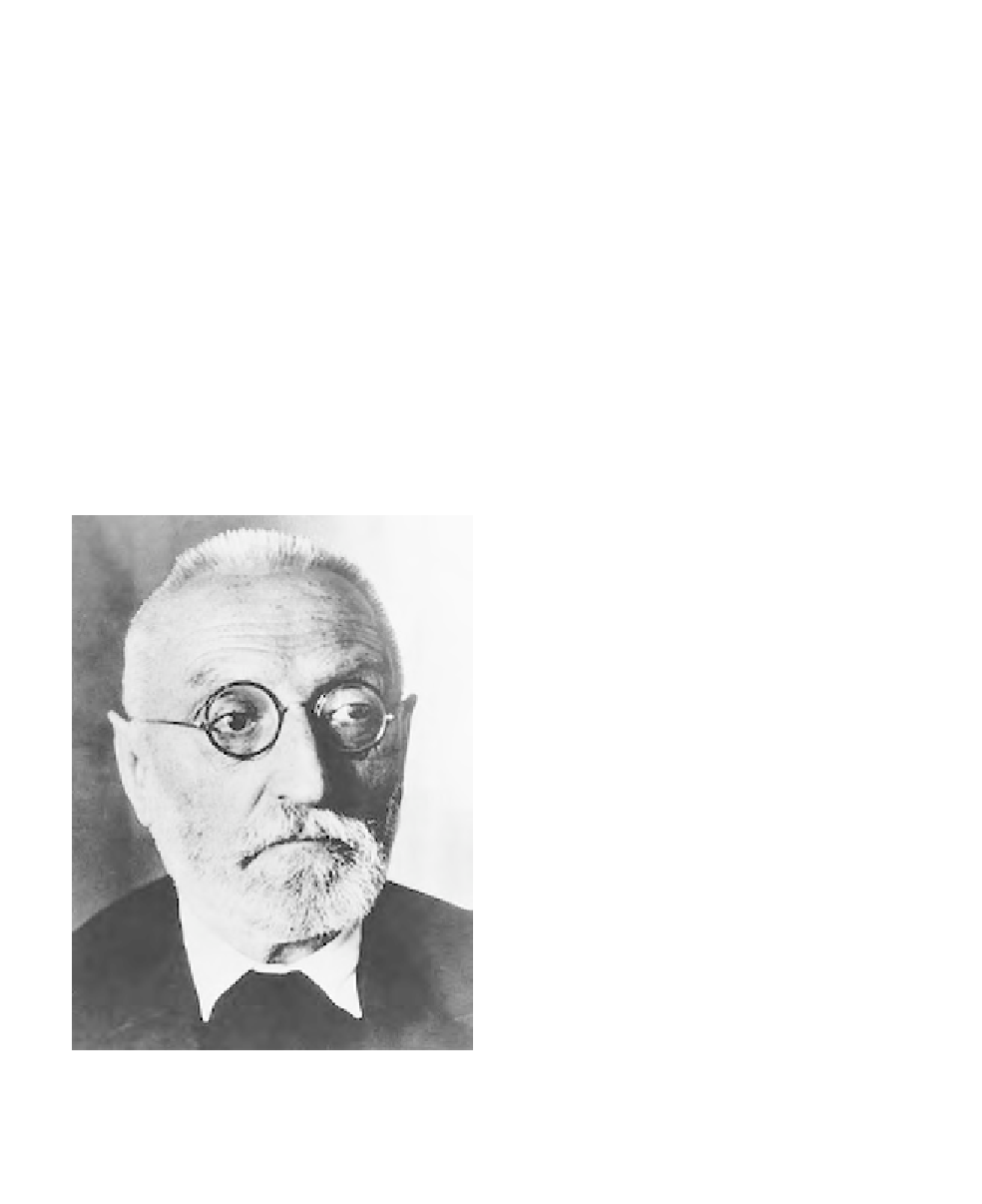Travel Reference
In-Depth Information
U
Unamuno, Miguel de
(1864-1936)
Spanish writer and philosopher
Spain's leading 20th-century philosopher,
Unamuno followed two career paths simul-
taneously. One was a conventional, if con-
troversial, academic track leading him to a
professorship while still in his 20s and the
post of rector at the University of Salamanca
a few years later. He held this post for the
rest of his life with interruptions caused by
his disputes with successive Spanish gov-
ernments. His outspoken views on Spain's
neutrality in World War I led to deposition
in 1916 followed by restoration in 1920,
but he was banished in 1924 and did not
return from France until P
RIMO
DE
R
IVERA
's
dictatorship was ended in 1930. A sup-
porter of the new republic in 1931, he criti-
cized it in 1934, welcomed the military
revolt against it in early 1936, denounced
the generals a few months later, and was
under a form of house arrest when he died
in December of that year.
Unamuno's contrarian, sometimes para-
doxical public positions led to his being
praised as an independent thinker or
denounced as an inconsistent curmudgeon.
A similar sense of changeability, better
characterized as an ongoing struggle to
understand human destiny is reflected in
his other career path—his literary work.
Unamuno distinguished himself as an
essayist, poet, and novelist, with occasional
excursions into drama and even journal-
ism. All of his writings, as well as his public
utterances, were reflections of his evolving
personal philosophy. Probably the best
known among Unamuno's scores of writ-
ings are
En torno al casticismo
(On Castilian-
ism, 1902),
Vida de Don Quijote y Sancho
(
Life
Miguel de Unamuno
(Library of Congress)
394

Search WWH ::

Custom Search